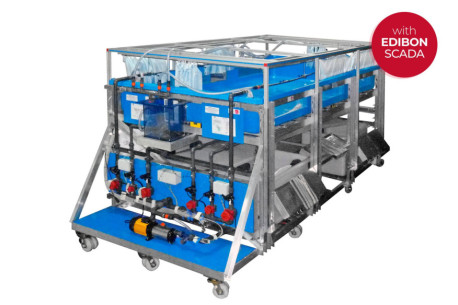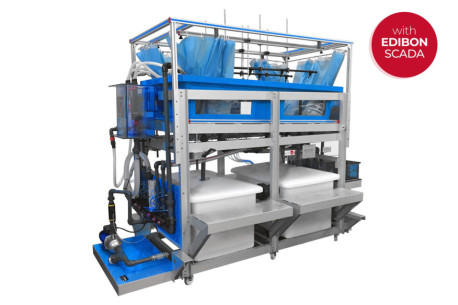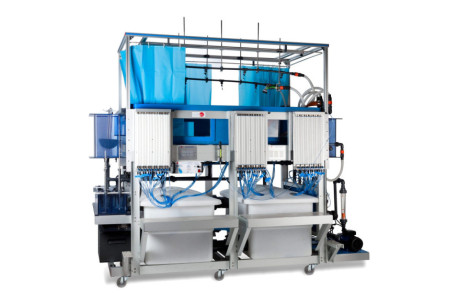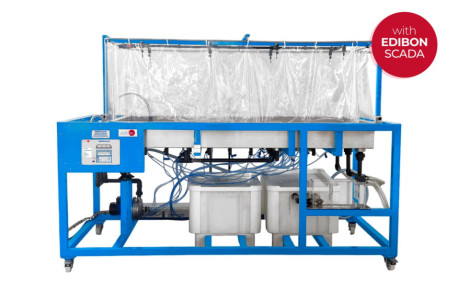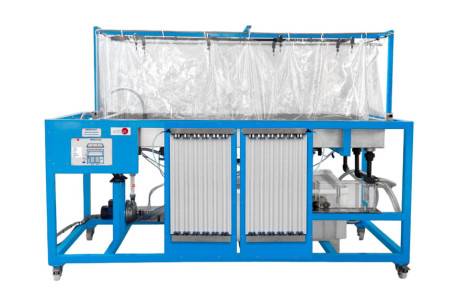
NEW Environmental leaflet
With our complete Environmental area, EDIBON gives answer to the academic demand for teaching and learning concepts of Environmental, in an easy and practical way.
Read more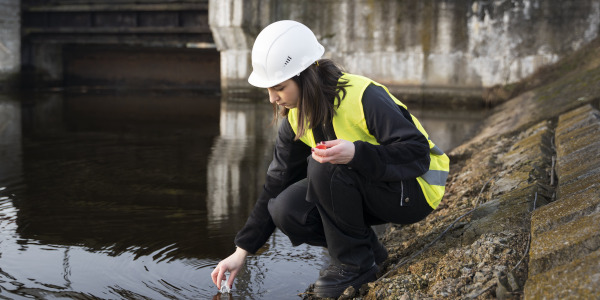
Understanding and improving drinking water treatment systems
Ensuring access to safe drinking water involves complex processes and advanced technologies. Key components of a treatment plant include intake structures, coagulation, flocculation,(...)
Read more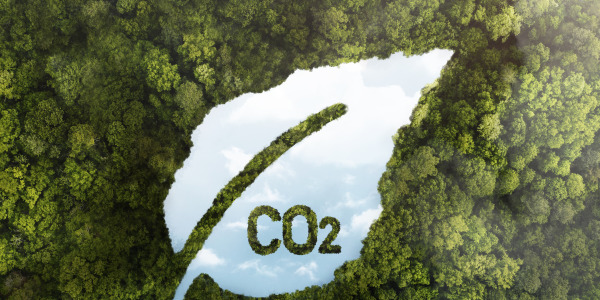
Everything You Need to Know About Direct Air Capture (DAC) and Its Impact on Climate Change
Direct Air Capture (DAC) is an innovative technology that removes CO₂ directly from the air using chemical reactions with liquid solvents or solid absorbents. Despite challenges such as high(...)
Read more
EDIBON and its commitment to European Skills
At EDIBON, we are committed to strengthening skills as a strategic pillar for the competitiveness and social well-being of the European Union. Proper training not only boosts the economy but also(...)
Read more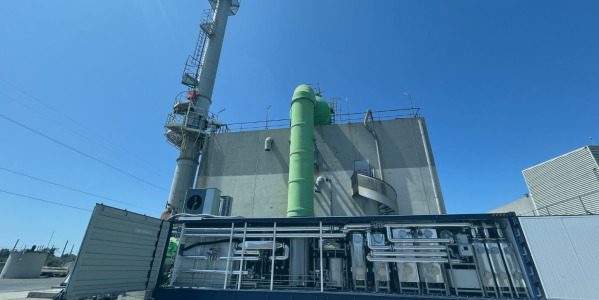
CO₂ adsorption: a current necessity
In a world where climate change represents one of the greatest threats to our future, carbon dioxide (CO2) adsorption has become an urgent priority. The increasing concentration of CO2 in the(...)
Read more Cookie preferences
Cookie preferences

